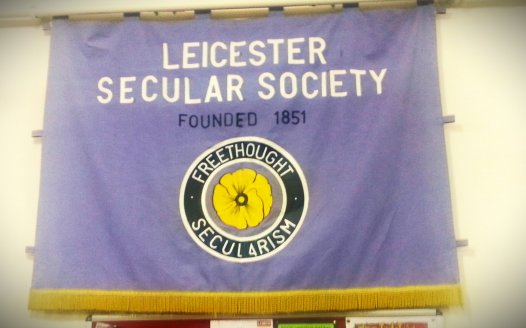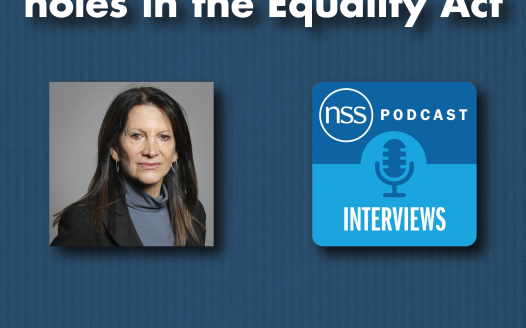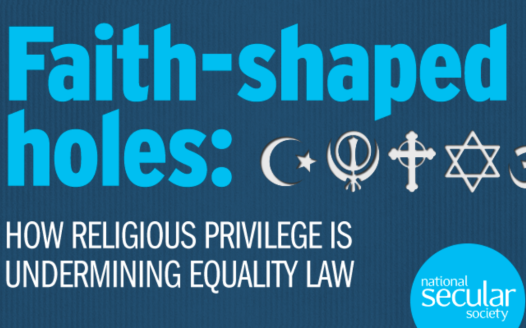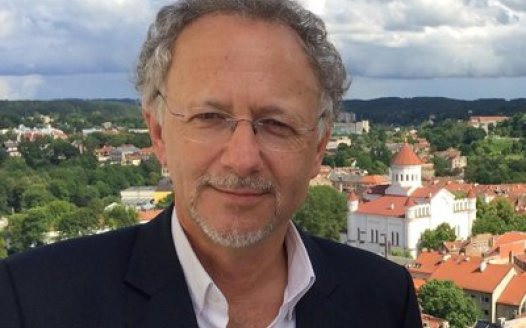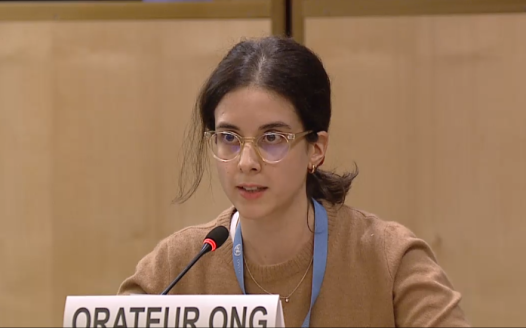Government finally launches consultation on caste discrimination, but only asks “whether” law should change
Posted: Wed, 29th Mar 2017
The Government's consultation on caste discrimination was finally launched this week after years of delay.
The consultation will run until July 2017, "to ensure that everyone will have the opportunity to express their opinions", but it is limited to the narrow question of "whether caste is required to be an aspect of race in the Equality Act", rather than considering how to implement the legal change that Parliament has already sought.
The Equality Act 2010 currently mandates that a minister "must by order amend this section so as to provide for caste to be an aspect of race" as it is considered under the legislation.
NSS executive director Keith Porteous Wood said: "It was expected but concerning that the consultation asks whether there should be legislation, given Parliament has demanded it and the UN strongly recommended it."
The foreword to the consultation document says that while no one "should suffer prejudice or discrimination on any grounds", the Government did not want to "create or entrench any notion of caste consciousness or caste-based practices into British society, which may prove counterproductive or divisive."
The Government said it did not want to "associate caste issues with any one particular community or religion".
The Government has also expressed concern that dealing with caste discrimination through legislation would create a stereotype of caste "as a discriminatory practice of certain ethnic groups creating potential problems in the harmony of the social fabric of modern British society."
Mr Wood said this kind of objection would be "unthinkable" in any other type of equality consultation. "A report commissioned by the UK Government concluded in 2010 that caste-based practices existed in quarters of British society. Far from introducing caste consciousness the required legislation would tackle existing prejudices," he added.
That report estimated that there were between 50,000 and 200,000 'low caste' people in Britain who could be "at risk" of caste discrimination. The authors said that a "major quantitative survey" would need to be carried out for a more accurate figure.
Currently those who do face discrimination due to their perceived 'low caste' status must rely on ambiguous case law and making a legal argument that an interpretation of the Equality Act can includes caste under race, but this is risky, expensive and does not provide expansive enough legal protection, the NSS said.
The Society has rejected the Government's assertion that allowing case law to develop would be sufficient in creating precedents that caste should be treated as a sub-section of race.
"An explicit reference to caste is required," Mr Wood said. "The Government is seeking consultation responses on the 'disadvantages' of relying on case law to implement a ban on caste-based discrimination, so at the very least this consultation will give us a chance to raise the serious problems with this approach."
Despite the limited parameters of the consultation, the NSS has welcomed the Government's statement in the consultation that "categorising or treating people by reference to their origins, in particular their caste" is unacceptable.
Conservative MP Bob Blackman criticised attempts to outlaw caste discrimination on the basis that it is "unwanted" by the Hindu community.


